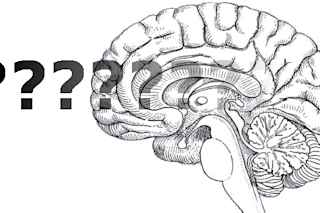Why are there no big ideas in neuroscience
By “big” ideas, I mean schools of thought, philosophies, or movements. Psychology has had, and continues to have, plenty of them: behaviorism, cognitivism, Freudianism, social constructionism, to name a few. But whenever I’ve tried to think of the neuroscience equivalents of these big ideas, I’ve drawn a blank.
Neuroscientists don’t seem to disagree on the big issues.
This doesn’t mean that we agree on everything. The field has plenty of controversies and debates, but they are focused around particular experiments and hypotheses. Factions can form, e.g. there are enthusiasts and skeptics in (say) mirror neurons. But these aren’t schools of thought in a real sense. Most neuroscientists don’t need to take sides, because mirror neurons are just one neural system.
By contrast, strict behaviorism (say) questions the foundations of the whole of psychology. Has there ever been an idea big enough to ...














